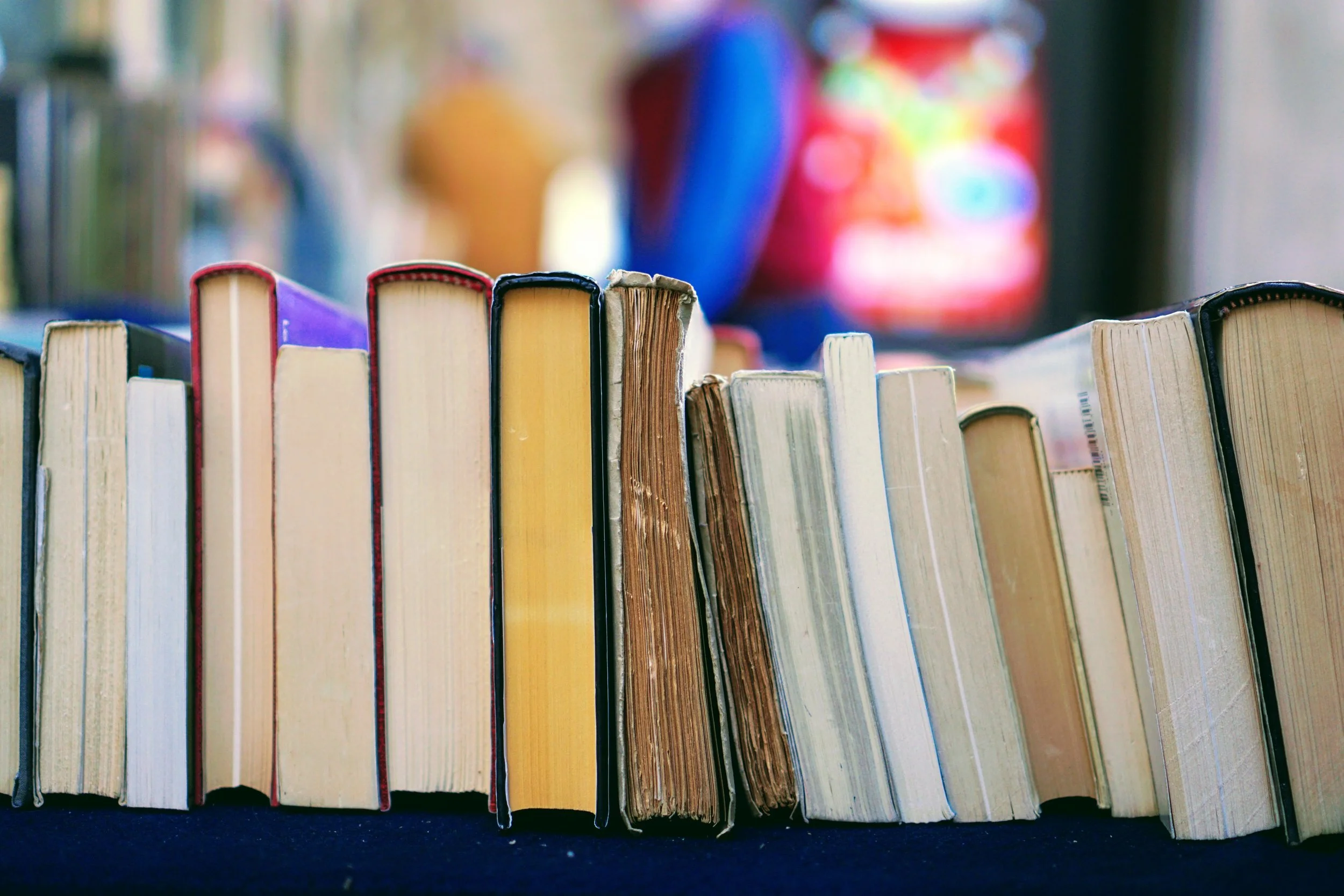The Lord sees: Trevin Wax shares, “’El Roi’ is a name given to God in the Old Testament, a source of comfort and peace in times of distress. It first falls from the trembling lips of Hagar, the enslaved woman driven into the wilderness after being caught up in the sinful designs of her master and his wife. There she kneels, despondent and despairing, ready for life to come to an end. And there in that desert of sorrow, the Lord sees.”
How to be an elder on Sunday morning: Great advice for elders… and for all of us. David Gunderson says, “Elders provide fatherly leadership, care, and protection for God’s family. Thinking like a father on Sundays should warm your heart, clarify your focus, and make you more alert as you care for God’s family.”
Wrestling With Rest
God made Adam and Eve to have dominion over his creation (Gen. 1:26-27). Plants were planted, cultivated, trimmed, and harvested. Delighted in his work, God rested on the seventh day “and made it holy” (Gen. 2:3). This is God’s rhythm: we are invited to work with him for six days and then rest on the seventh. Which is harder for you? Working the six or resting on the seventh?
Rest has been a consistent challenge in my life. As a type A overachiever, the do’s of Christianity come more naturally than the invitation to rest. Our culture struggles with rest. What passes for rest is usually recreation and entertainment. Good things, but not rest.
Aren't There Contradictions in the Bible?
Why should I believe that the Bible is trustworthy? How do I respond to a friend who has questions about the Bible?
Atheists.org begins its post on Biblical Contradictions with this statement: “It is a central dogma of all fundamental Christians that the Bible is without error. They teach this conclusion by “reasoning” that god cannot be the author of false meaning and he cannot lie. Is this true? If written by a perfect being, then it must not contradict itself, as a collection of books written by different men at different times over many centuries would be expected to contradict each other.
What I Read in 2021 (and Maybe What You Should Read in 2022)
I’ve been able to hit the 100-plateau of books the past few years. This year I read 111 books (the symmetry of that number made me smile). If you wonder how I read that much, this post might help spur you on and provide some practical pointers in your reading journey in 2022. I love reading for many reasons. It’s a gift to be in conversation with a multitude of wise voices, to be invited into the imaginative worlds of some of the best minds of our time, and to grow in empathy and understanding as I step into the shoes of those very different from myself.
I love the gift of reading books with friends. Most of the books I read are recommended by friends and I love it when friends read a book I recommend. If you read any of the books recommended below, I would love to hear what you think. And I would love to hear what your favorite books of 2021 were. If you want fuller reviews on any of the books listed above or just want to connect on an ongoing basis about reading, I encourage you to friend me on Goodreads.
Let me start with my three favorite books of 2021, and then we will get to the rest of the action:
This Week's Recommendations
1. The Way We Prepare For Marriages is All Wrong: Aaron Earls considers cultural trends that undermine marriage and the data that undoes those trends: "In recent decades, however, new advice began to take root. It argued you will be most ready for marriage if you delay marriage into the 30s or later, “sow wild oats” before you’re ready to settle down, find someone with whom you share “sexual chemistry,” and live together with potential spouses to determine if the relationship is ready for the marital commitment. At the Institute for Family Studies, professor and researcher Jason Carroll analyzed data that confronts each of these points of accepted cultural wisdom."
2. 6 Ways Watching Pornography Affects Your Mental Health: Among those issues, Brad Hambrick points out is, "Mindfulness – the ability to willfully focus one’s attention during adverse circumstances – is a significant contributor to mental health. Pornography is nearly the complete opposite of mindfulness. Pornography uses sound, site, and tactile sensation to pull an individual from their actual world into an artificial, fantasy world. Combining multiple senses with an enticing narrative makes it increasingly difficult for less stimulating activities (which is most of life) to hold an individual’s attention."
3. The Sabbath as a Radical Act: This is as good an article as I've read in some time. William Black argues that, "There was a reason the fourth commandment came where it did, bridging the commandments on how humans should relate to God with the commandments on how humans should relate to one another. As the Old Testament scholar Walter Brueggemann points out in his book Sabbath as Resistance (2014), a pharaonic economy driven by anxiety begets violence, dishonesty, jealousy, theft, the commodification of sex and familial alienation. None of these had a place in the Torahic economy, which was driven not by anxiety but by wholeness, enoughness."
4. Watching Rain: Need a stress reliever? Click on this simple and relaxing website and play around a little.
5. The Science Behind Why Walking on Legos Hurts More Than Walking on Fire or Glass: Parents everywhere will feel validated reading this article from Smithsonian.









